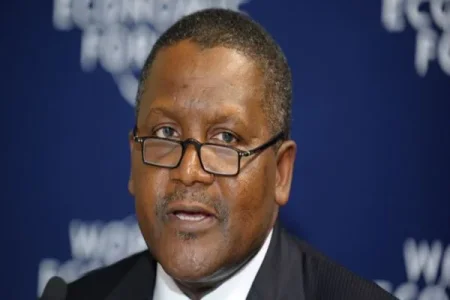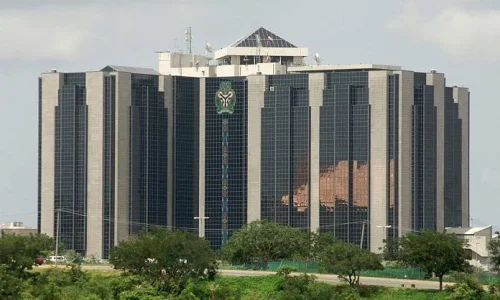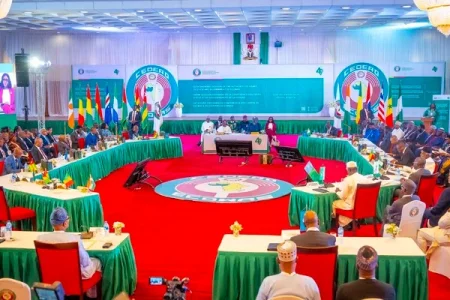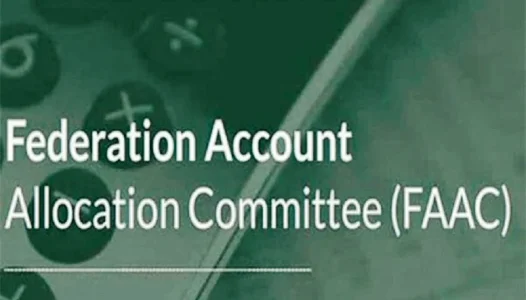
Africa's richest man, Aliko Dangote, reveals Federal Government takes 52% tax on every N1 profit, citing challenges for entrepreneurs. He advocates for policy consistency and applauds positive steps like the Petroleum Industry Act.
Africa's wealthiest individual, Aliko Dangote, unveils a startling revelation at the Africa CEO Forum in Kigali, Rwanda. He discloses that the Nigerian government imposes a substantial 52% tax rate on every N1 of profit earned by his conglomerate. Dangote emphasizes the profound challenges this tax burden poses for entrepreneurs across Africa, citing policy inconsistencies as a significant barrier to sustainable business growth.
In his address, Dangote acknowledges some positive government initiatives, particularly in the energy sector, such as the Petroleum Industry Act (PIA). However, he underscores the need for greater policy coherence and consistency to foster a conducive environment for entrepreneurship. Dangote's remarks shed light on the complexities and hurdles faced by businesses operating in Nigeria and the broader African context.
Despite tax-to-gross Domestic Product (GDP) ratio standing at 10.8%, multiple taxation remains a pervasive issue, hindering the ease of doing business. President Tinubu's recent establishment of the Presidential Committee on Fiscal Policy and Tax Reforms aims to address this challenge. The committee, chaired by PwC's Africa tax leader, Mr. Taiwo Oyedele, seeks to streamline taxation by reducing the number of taxes from 52 to less than 10 and harmonizing tax collection under the proposed Nigeria Revenue Service (NRS). Additionally, recommendations include tax exemptions for small-scale businesses and export activities, fostering a more favorable business climate.
The report of the committee is expected to be submitted to the National Assembly by September, signaling a potential shift towards a more business-friendly tax regime. Dangote's candid revelation underscores the urgent need for comprehensive tax reforms to spur economic growth and enhance Nigeria's competitiveness on the global stage.




